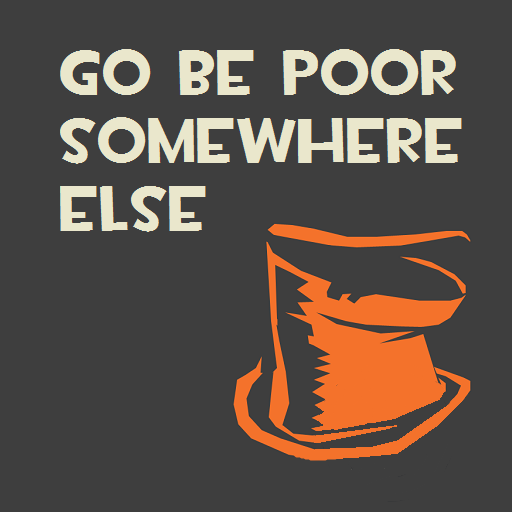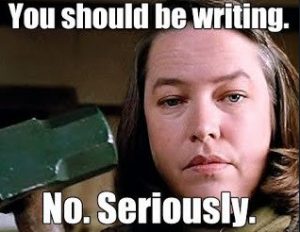Over the last week I’ve been fleshing out some new ideas for the sequel to Necrotic City. Some have asked “But what happens to the city?” and this is for them. It’s also for all the people Adrian left behind. I’m really excited about this project and I hope you will be too!
Tag: high tech low life
Johnny always was an odd kid.
He got beaten at school almost as much as he did at home– and that was saying something, since he rarely left home without fresh bruises. The beatings gave him a fatalistic streak, but they never seemed to break his spirit. Even when he was spitting out teeth, he always had a middle finger up and a defiant “Fuck you!” on his lips.
We lost touch after high school. I went into the trades, and Johnny went wherever kids raised by violent single dads go. I heard he got busted for something stupid and did a stretch in Arizona. I heard he found true love, got a minimum wage job and tried to go straight. Found out he had cancer. Lost his girlfriend after he tried to kill himself. After that, I didn’t hear about Johnny anymore.
When an angular shadow shambled out of a dark alley, staggered into me, and darted away crowing with glee and waving my wallet, I hadn’t thought of Johnny in years.
Continue reading “Flash Fiction: Middle Finger to the World”

Yesterday evening I went out to get a few things done, and it was… interesting. I’m not a people person. Thus I do as much of my errand-running as I can either very late or very early, in order to avoid the worst of the crowds.
My avoidance of peak traffic times has become more difficult in the last few years due to a disquieting trend. It has to do with the lengths to which a certain segment of the population will go–and the number of people they’re comfortable inconveniencing in the process–to make life even harder for the poor.

The flash fiction that follows was inspired by the artwork “Birth of the Eye,” by Justinas Vitkus. If you’d like to see more, check out his profile on DeviantArt.
The Stolen Moon
When the largest of the planet’s three moons finally slid free of the horizon, everyone on the research team looked up in awe.
“I don’t think that moon always belonged to this planet,” Senior Geologist Shayna Darris said.
“The hell are you mumbling about?” Mission Commander Jason Haze snapped, barely glancing up from putting together a portable security turret. “Get back to work, all of you. It’s going to be dark soon.”
“Take a chill pill, Commander,” one of the mechanics shot back. “There’s nothing hiding in the dark. Sit back and enjoy the moonrise.”
“Surely you see it too,” Darris said, nodding toward the massive red moon, its face dominated by a circular impact crater.
“See what? It’s a moon, for Star Mother’s sakes! The system surveys say it’s always been there.”
“2B6V is tidally locked. If it’s always been there, how did it get that impact crater?”

I see a lot of motivational posters aimed at authors. You know the ones: a movie character pointing out that you should be writing. Or maybe it’s a pop culture icon. Or maybe the message is framed as a comic strip. Or maybe it’s just a blank page with the words “You should be writing!” emblazoned across it.
And while some are fairly benign, many seem designed to guilt the viewer. I don’t know about you, but I write to feel free of my daily obligations. Writing is my own world, a world free of deadlines and restrictions. The concept of feeling guilty because I haven’t put enough words on paper lately is anathema to the whole reason I write.
Why is it that we, as authors and as a society, conflate guilt with motivation?
I’ve heard a lot of talk about how cyberpunk is over. Its predictions of brain jacks and virtual reality never came true. It hasn’t aged well.
In some ways, that’s is true. The classic, 80s-inspired neon dystopia looks pretty dated. Fashion and architecture have moved on. Culture and social standards have evolved.
But cyberpunk is still relevant. In fact, you could say it’s more relevant than ever. Here’s why.